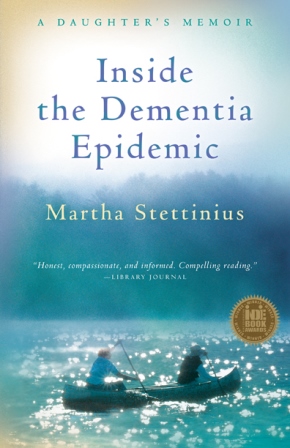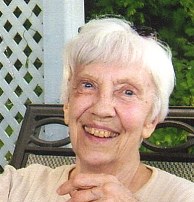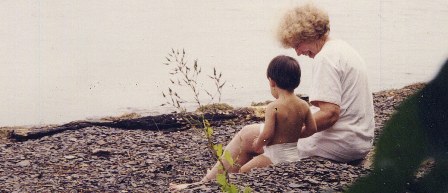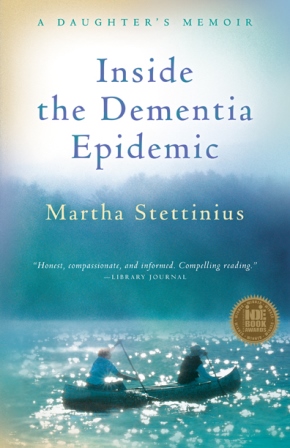How New Dementia Caregivers Can Become Care "Partners"
 Thursday, April 24, 2014 at 04:10PM
Thursday, April 24, 2014 at 04:10PM 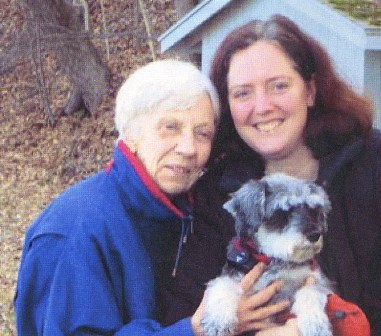 Mom, age 74, and me when she lived in assisted living, 2 years into my 8-year caregiving journeyA reader on eCareDiary.com writes:
Mom, age 74, and me when she lived in assisted living, 2 years into my 8-year caregiving journeyA reader on eCareDiary.com writes:
"We just found out that my husband has early-stage dementia. This news is a big shock to both of us and I know our relationship is going to go through some changes. How should I prepare myself?"
This is an excellent question. For my post this week as a consultant on eCareDiary.com, I try to answer it.
As I was writing my response, I thought of my neighbor, whose wife has just been diagnosed in her late-60s with Alzheimer's disease. He and I talked over coffee one day, and I hope my tips about becoming a "care partner" will help anyone like him who is new to dementia caregiving.
To the reader's question, I responded:
"I’m very sorry that you are both facing this diagnosis, as it is indeed the beginning of what will most likely be a challenging journey. I am glad, however, that you have already sought help as your husband’s care partner. So often we do not realize that we need support until we are exhausted and burned out.
First, let me note that I use the term 'care partner' instead of 'caregiver' because if you think of yourself as a care 'partner' for your husband, it will remind you that he is much more than a 'dementia patient.' A person with dementia continues to have strengths and abilities, to experience a full range of emotion, and to be able to give as well as receive care.
How can your husband continue to care for you? In early-stage dementia, for example, your husband may be able to help make some decisions about his care, so that those decisions do not fall entirely onto your shoulders. As his dementia progresses, he will most likely be able to care for your emotional needs at times by listening to you or sharing a hug. Even if he loses his ability to speak, as is common in the later stages of dementia, you will find ways to communicate with each other and share affection..."
Read the rest of the post on eCareDiary.com.





